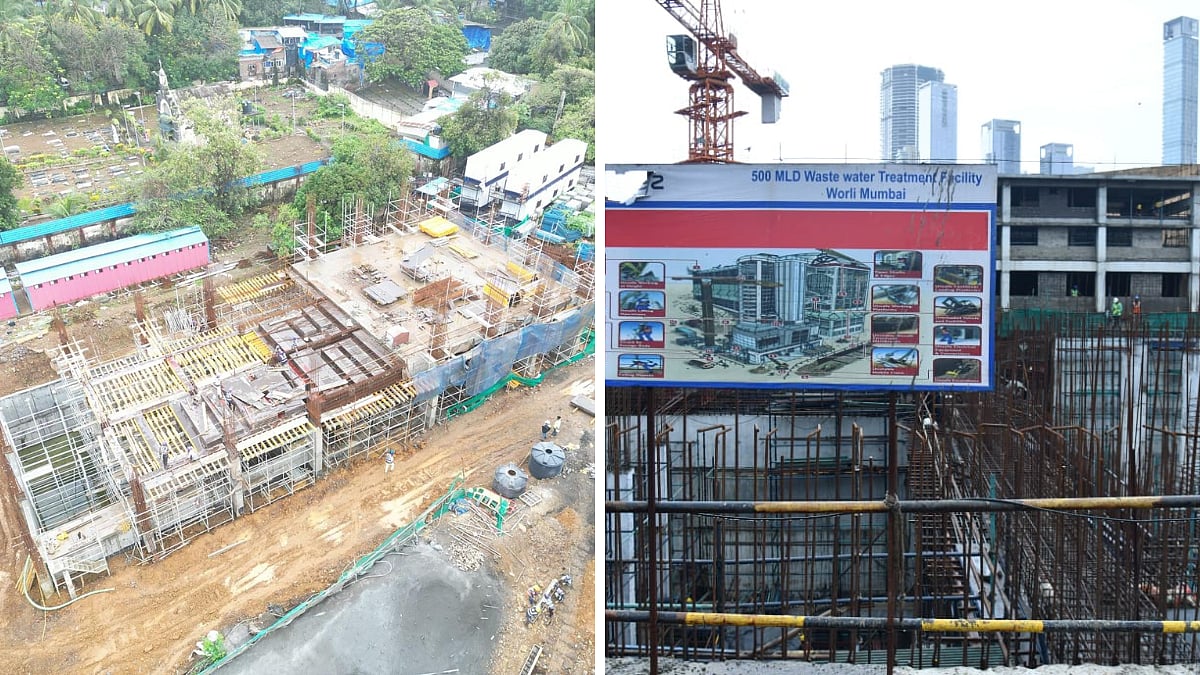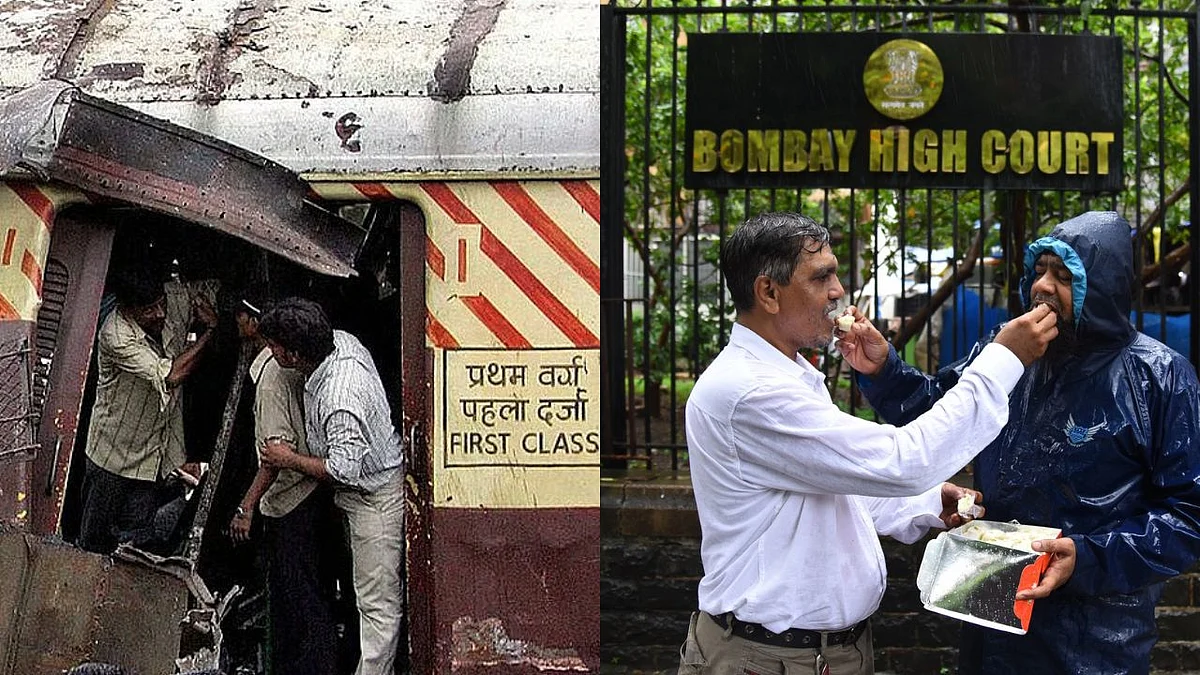Mumbai: In a major step toward strengthening environmental protection in the Mumbai Metropolitan Region, the Brihanmumbai Municipal Corporation (BMC) is in the process of setting up seven sewage treatment plants (STPs) at key locations across the city. Once completed, these plants will significantly enhance the city's capacity to treat wastewater and improve the quality of marine life and seawater.
The planned treatment plants will be located in Worli, Bandra, Malad, Ghatkopar, Dharavi, Bhandup, and Versova, with daily capacities of 500 MLD, 360 MLD, 454 MLD, 337 MLD, 418 MLD, 215 MLD, and 180 MLD, respectively. Combined, these plants will be able to treat a total of 2,464 million litres (246.40 crore litres) of sewage per day, marking a significant leap in Mumbai’s wastewater management efforts.
According to officials, the initial structural work for all seven projects has already been completed. Construction has now picked up pace, with approximately 30 to 50 per cent of the physical work completed so far. The progress is being closely monitored and driven under the guidance of BMC Commissioner and Administrator Mr. Bhushan Gagrani, along with the leadership of Additional Municipal Commissioner (Projects) Mr. Abhijeet Bangar.
To showcase the ongoing work, media representatives were taken on an inspection and study tour of the project sites at Worli and Bandra. Present during the visit were Deputy Commissioner (Environment and Climate Change Department) and Chief Engineer of the Mumbai Sewage Disposal Project, Mr. Rajesh Tamhane, and Deputy Chief Engineer Mr. Ashok Mengde, along with other senior engineers and officials involved in the initiative.
In an X post shared by the BMC on Tuesday, they mentioned the sewage treatment plants. These sewage treatment plants are expected to play a crucial role in reducing the discharge of untreated wastewater into the sea, thereby protecting marine biodiversity and contributing to a cleaner coastal ecosystem.
